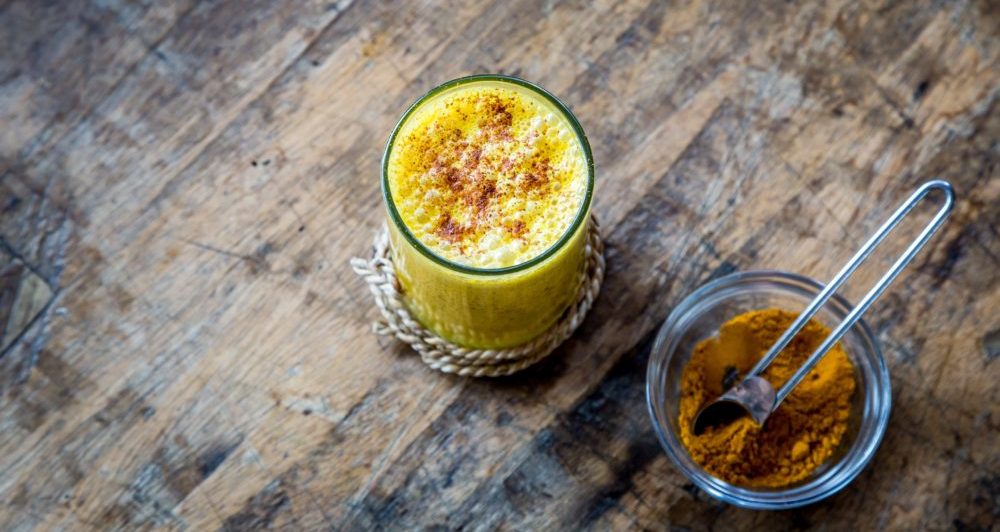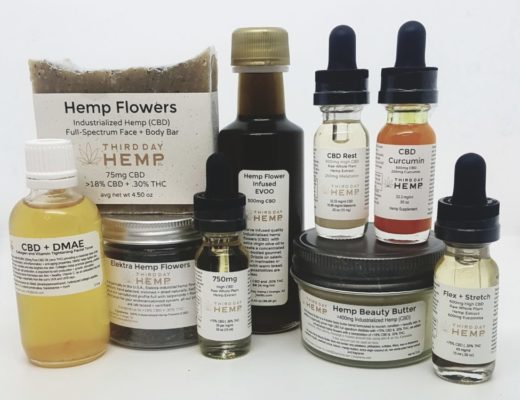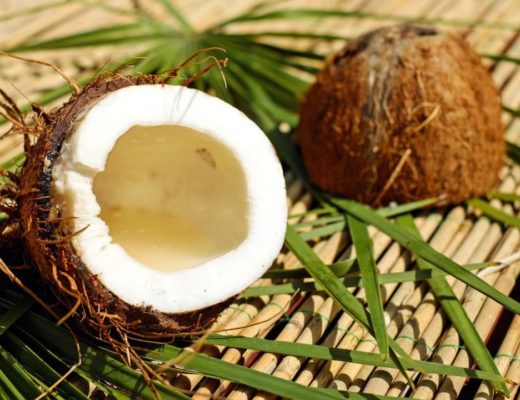Sinusitis is one of the most common respiratory conditions, affecting almost all of us at some point in time.
Inflammation of the sinus passages restricts the flow of mucus from the sinuses through the nose. This causes congestion, respiratory problems, headaches, and other symptoms.
In most cases, the condition is caused by viral infections or allergic reactions, which are best dealt with using natural solutions. Thankfully, Ayurveda offers us a wealth of information when it comes to treating sinusitis naturally.
Described as part of the prana vaha srotas (respiratory system), which also channels prana or the life force through your body, sinus health is regarded as critical for your wellbeing.
Simple Home Remedies for Sinusitis
1. Turmeric
Turmeric or haldi has a long history of medicinal use in the Indian subcontinent, most often recommended for conditions that affect the respiratory tract. Turmeric is effective because of the presence of a compound called curcumin, which exhibits anti-inflammatory, antimicrobial, and antihistamine effects. This makes it helpful when dealing with sinusitis, whether caused by infections or allergies.
You can use 1-2 teaspoons of ground turmeric root or powder to prepare turmeric tea, adding the powder to boiling milk or water. You can also add honey to sweeten it and for additional health benefits.
2. Tulsi
Holy Basil or tulsi is the most sacred plant in the Ayurvedic tradition, used to increase prana, which boosts immunity and strength. It is highly recommended for all respiratory ailments including sinusitis.
Scientific reviews that look at the safety and effectiveness of the herb suggest that it can help combat immunological stress. Findings like these hint at a greater role for tulsi in modern medicine and it is perhaps one of the best natural remedies for sinusitis.
You can chew on fresh basil leaves or use tulsi capsules to get quick relief from the condition. Basil leaves may also be used to prepare tea, while the essential oil can be used for steam inhalation.
3. Amla
Indian gooseberry, which is better known to us as amla or amalaki, is often the primary ingredient in Ayurvedic medications for sinus problems and respiratory conditions. This is because of well-documented antibacterial properties, showing that the fruit extract can inhibit activity of over a 100 bacterial strains.
Amla is one of the simplest natural cures for sinusitis as it can simply be consumed whole as a fruit. You can also consume amla juice or mix amla powder with honey to consume it. Do this at least twice or thrice a day to get relief from symptoms of sinusitis.
4. Eucalyptus
Eucalyptus may be indigenous to Australia, but it’s become a mainstay of Ayurveda. Referred to as ‘Nilgiri taila,’ it is believed to have a modulating effect on vata and kapha doshas because of its heating energy.
The oil is often prescribed as a remedy for sinus infections and as a natural decongestant. Studies confirm that the oil can be used to fight bacterial, fungal, and viral infections, also demonstrating immune-stimulatory, anti-inflammatory, and analgesic properties.
Eucalyptus oil can be massaged directly onto the nose, throat, and chest or added to a warm water gargle. However, steam inhalation with a few drops of the oil remains the most effective solution for quick relief from sinusitis.
5. Nasya and Neti
Nasya and neti are nasal hygiene practices that are central to supporting respiratory health in Ayurveda. While nasya involves the application of herbal oils to the nasal passages, neti is a cleansing technique in which warm salt water is run through the nostrils.
Ideally, you should first practice neti to cleanse the sinus passages of any accumulated dust, dirt, pollen, and mucus, after which you use nasya to lubricate and moisturize the passages.
The ancient Ayurvedic practice has found renewed support, with research showing clear benefits of nasal irrigation in treating respiratory ailments like sinusitis.
Other Ayurvedic Remedies for Sinusitis
Ayurvedic literature is based on research and observations that have been recorded over millennia.
It’s impossible to touch upon all of the herbs and treatments that can help with sinusitis, but you can also consider using ingredients like cardamom, jatamansi, talispatra, brahmi, peppermint, and nutmeg.
It may not always be practical or feasible to prepare your own sinus remedies because of poor availability of some of these ingredients or due to time constraints. However, Ayurvedic medications for sinus problems and respiratory conditions can be just as effective, as they are typically based on age old formulations containing most of these herbs.
In addition to using Ayurvedic herbs and medications, you should also make it a point to follow Ayurvedic recommendations of yogic breathing and a disciplined dinacharya or daily routine.
About the Author
Dr. Surya Bhagwati (BAMS, DHA, DHHCM, and DHBTC) is the lead Ayurvedic physician at Dr. Vaidya’s. She is a qualified Ayurvedic practitioner who brings a wealth of experience spanning over 25 years in the science. Prior to Dr. Vaidya’s, she has worked at the prestigious Saifee Hospital in Mumbai where she still continues her association in a consulting capacity. Her expertise lies in the prevention of chronic ailments. For more information, visit drvaidyas.com.
* As always, please consult your doctor or qualified health professional before using new herbal remedies.
References:
Kurup, Viswanath P., and Christy S. Barrios. “Immunomodulatory Effects of Curcumin in Allergy.” Molecular Nutrition & Food Research, vol. 52, no. 9, 2008, pp. 1031–1039., doi:10.1002/mnfr.200700293.
Jamshidi, N., & Cohen, M. M. (2017). The Clinical Efficacy and Safety of Tulsi in Humans: A Systematic Review of the Literature. Evidence-Based Complementary and Alternative Medicine : eCAM, 2017, 9217567. doi:10.1155/2017/9217567
Saeed, Sabahat, and Pereween Tariq. “Antibacterial Activities of Emblica Officinalis and Coriandrum Sativum against Gram Negative Urinary Pathogens.” Pakistan Journal of Pharmaceutical Sciences, vol. 39, no. 3, Jan. 2007, pp. 913–917., www.ncbi.nlm.nih.gov/pubmed/17
Elaissi, Ameur et al. “Chemical composition of 8 eucalyptus species’ essential oils and the evaluation of their antibacterial, antifungal and antiviral activities.” BMC complementary and alternative medicine vol. 12 81. 28 Jun. 2012, doi: 10.1186/1472-6882-12-81
Little, Paul, et al. “Effectiveness of Steam Inhalation and Nasal Irrigation for Chronic or Recurrent Sinus Symptoms in Primary Care: a Pragmatic Randomized Controlled Trial.” Canadian Medical Association Journal, vol. 188, no. 13, 2016, pp. 940–949., doi:10.1503/cmaj.160362.






